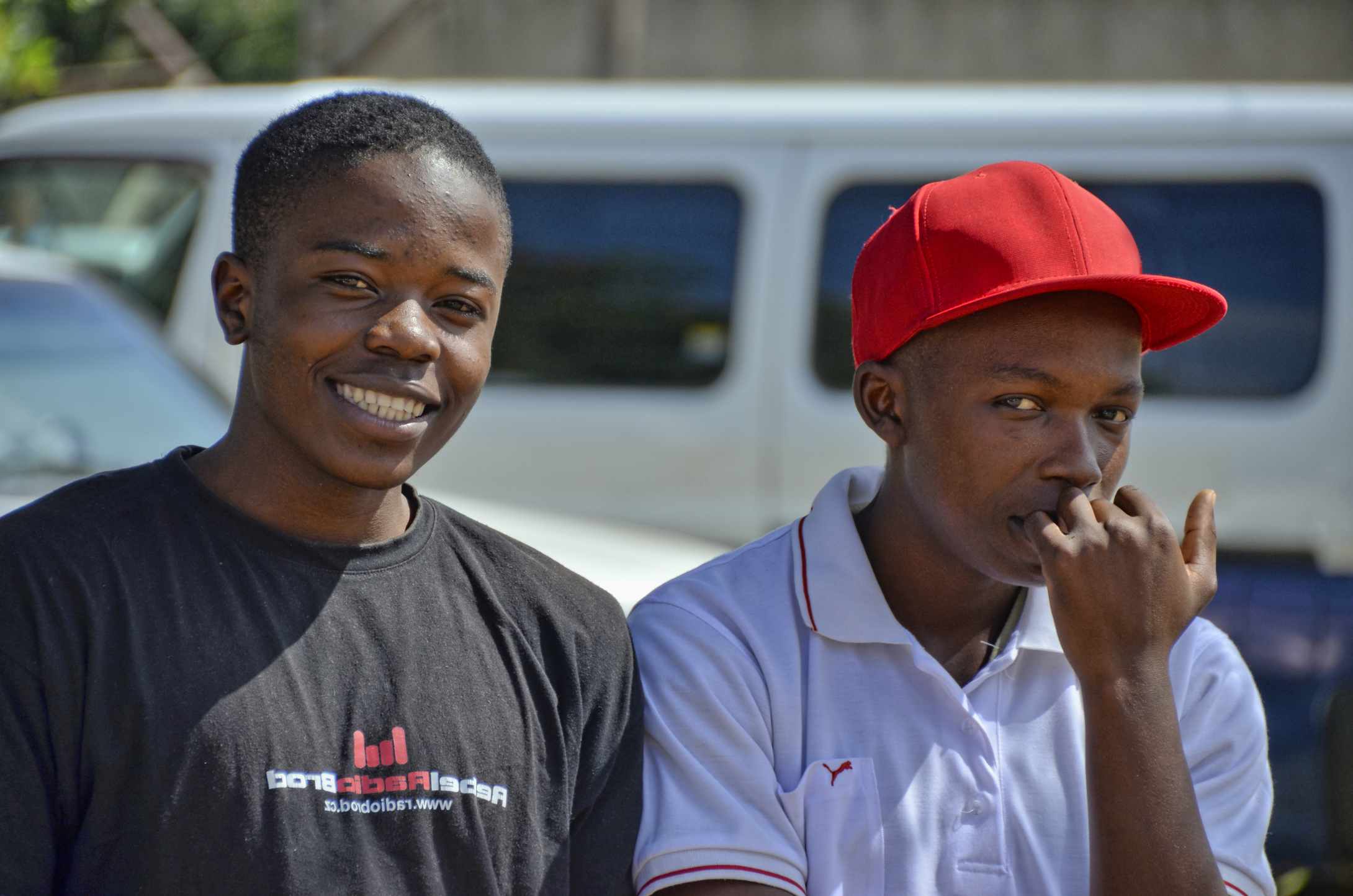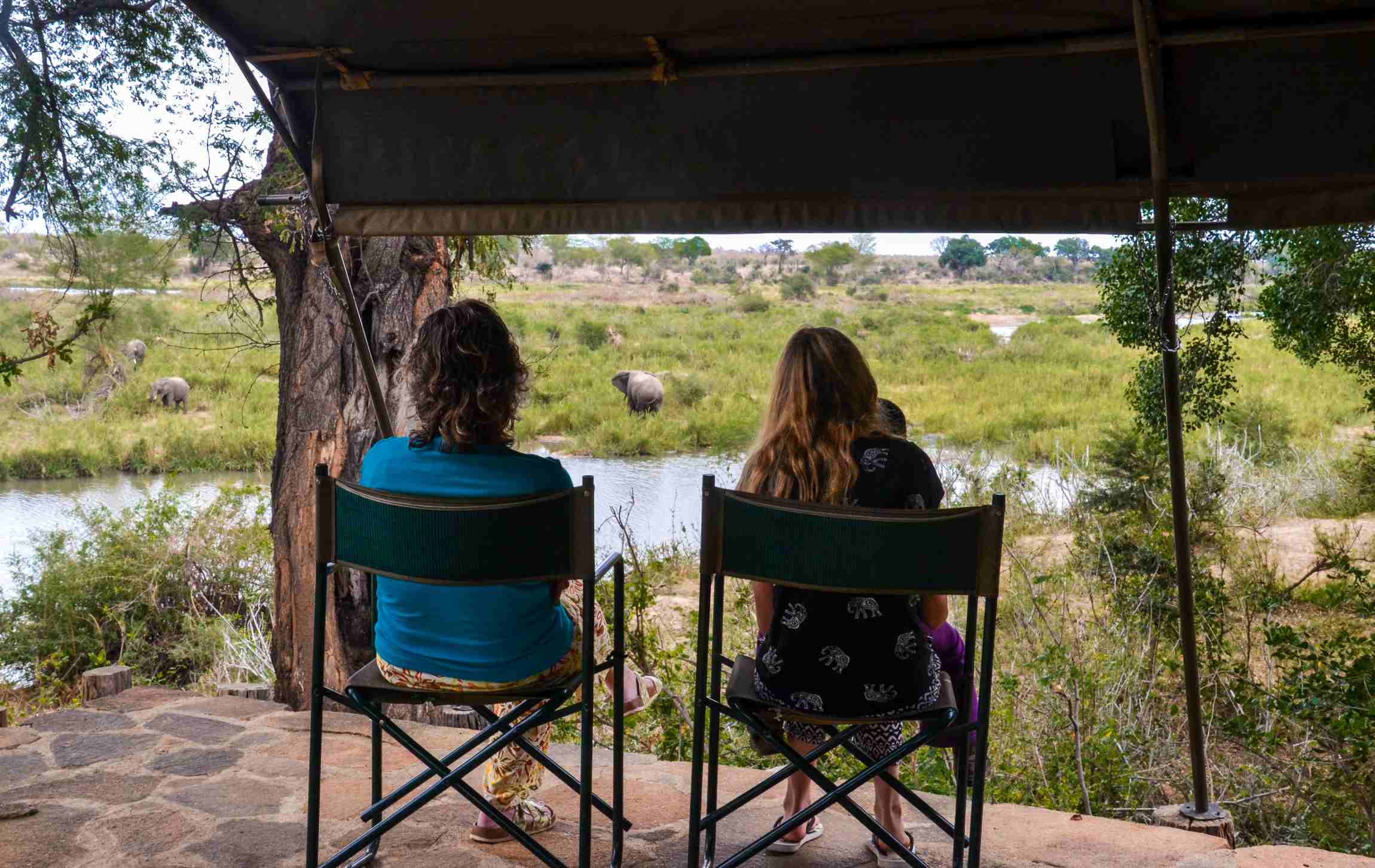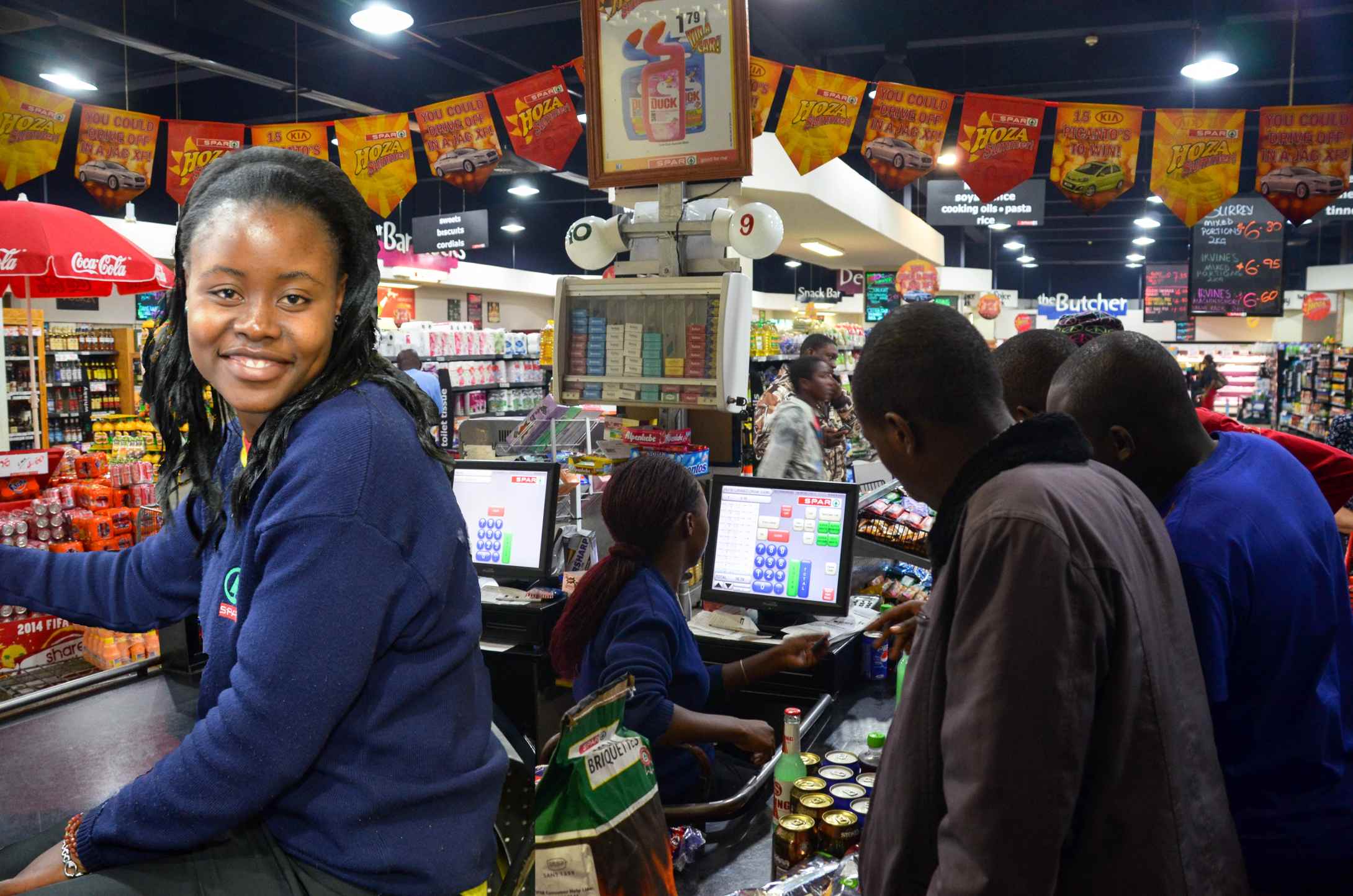Top Destination Zimbabwe
Zimbabwe is a magnificent holiday destination - and the advertising slogan of the Tourism Ministry "A WORLD OF WONDERS" is no exaggeration. Magnificent landscapes, numerous national parks with a variety of animal species and of course the UNESCO World Heritage Victoria Falls are important attractions for travelers. Visitors to the country are impressed by the distinct friendliness of the residents - the hospitality is proverbial and as a tourist and guest to the country you will almost never be harassed or compelled to make purchases. Many visitors appreciate that there is no need to haggle over each and every price, as often done in other countries: the price for 10 tomatoes is say $ 1, you pay ... and sometimes you get an additional tomato as a gift.
In the years 2000 to 2009 the country has experienced a severe economic crisis. An important collapse of the local industry and economy in global together with the highest ever documented inflation have destroyed many assets. Although economy has now recovered from the lows, infrastructure like power supply is still suffering, due to lack of tax revenue of the country. High import duties and various taxes makes it difficult for entrepreneurs to make a business profitable - and some of these costs must be passed on to customers.
As a tourist you will hardly take notice of these problems the country is struggling with. You may notice that some buildings within the National Parks would need some care. But due to the high hygienic standards in Zimbabwe this is of little consequence.
Zimbabwe is therefore a magnificent holiday destination and many tourists return again and again.
Climate
Zimbabwe has a very pleasant climate for European or American visitors almost everywhere in the country. There is a warm to hot rainy season from about November to March and a rather cool 'winter' between June and September. Although located in the tropics, the temperatures on the plateau of the country are never too high, in the Highlands even just pleasant summery. Only in the Zambezi Valley, from the Victoria Falls to the area of lower Zambezi Valley with Manapools National Park in particular, temperatures may be very hot from November to February. For the months of June to September, on the other hand, it is good to have a warmer sweater for the evenings in your baggage. You will not need any rainware, at most as protection against the spray of the Victoria Falls, or when travelling during the rainy season.
Travel seasons
Zimbabwe can be visited throughout the year. In the months of April to June, the landscape is lush and the Victoria Falls have their highest water levels. The dry months from June to September are very useful for wildlife observation. Because the leaves fall and the grass is dry, shy animals are easier to observe. And the dryness during these month forces the wild animals to visit the waterholes, where you can wait and see them coming.
During the rainy season many roads are closed in the National Parks. But the rainy season does not mean days of rain, it is just equivalent to a wet summer in Middle Europe.
Accomodation
Zimbabwe has a long tradition of tourism and travel and until 1997 the country was one of the top travel destinations in Africa. This know-how is still in evidence and the number of tourists is high by African standards. There are accommodations in different price levels and Ethictours can book for you the most beautiful places. Many visitors to Zimbabwe are amazed by the excellent cleanliness and the high level of an unobtrusive service.
Food
Meals in touristic establiyhments in Zimbabwe correspond mostly to an international cuisine. Sometimes it can be difficult to get traditional African dishes when visiting the standard tourist attractions. It is a pleasure for Ethictours to let you enjoy the genuine tasty food of Zimbabwe. The standards for hygiene are generally good and the risk for stomach disturbenses are low. Nevertheless, we recommend not to drink tap water and to be careful with uncooked food.
Transport
Main means of transportation in Zimbabwe is the car. The road network is well developed for the principal axes ( "red roads" on the maps), with tarred roads allowing cruising speed of up to 80 - 100 km / h. Secondary roads ("Yellow Roads") are usually dirt roads, often in poor condition and allow travel speeds below 40 km / h only. For the little "white roads" you will mostly need a 4x4 car, prior information, local knowledge and a sense of adventure.
Fuel
There are plenty of gas stations almost everywhere in the country. Only in more remote areas and Natonalparks providing fuel can be a challenge. For these places it is advisable to carry a jerrycan with you. Important: at petrol stations you can almost exclusively pay by cash money only, credit cards are very rarely accepted. There are two varieties of fuel availablel: Diesel and Petrol ("Blend"). The latter corresponds to gasoline with a share of about 10% locally produced ethanol. The price of a liter of fuel is around US $ 1.55 (as of spring 2016).
Money
Since 2008 and due to the hyperinflation, the "Zimbabwean dollar" has been replaced by foreign currencies. Officially accepted are mainly the US dollar $, and (especially in the south) the South African Rand and more rarely the Pula from Botswana. If you book with Ethictours, most of the costs have already been paid, so you just need to carry a small amount of cash for fuel, food, gifts and tips.
Bank
Since the great inflation of the years 2000 to 2008, the "Zimbabwean dollar" has been replaced by foreign currency. Officially accepted is mainly the US dollar $, plus (especially in the south) of the South African Rand and the Pula from Botswana. If you book with Ethictours, most of the costs have already been paid, so you just need to carry a small amount of cash.
Phone/Internet
Since 2010 there exists a functioning mobile-phone coverage, and capable of mastering 90% . Three nato tional companies share the market and are in healthy competition. Swiss providers like Swisscom or Salt and most German companies offer roaming, but the prices are often very high. The purchase of a local SIM card is only possible for people residing in Zimbabwe. Some hotels offer Internet connection for their customers, and in the bigger youi will find cyber cafes. Tip for navigation in the car without using expensive internet: download the app "Here - Maps for Life" for free on your Smartphone (iPhone, Android, Windows). The map of Zimbabwe can be used offline like any other map (do not forget to download when still at home).
Health
Although Zimbabwe is a (sub) tropical country, it can be traveled safely when observing some precautions. We recommend to check for validity your vaccinations commonly recommended in Europe / USA sucha as Tetanus, Diphtheria and Polio. In addition it is advisable to get vaccinated agsint Hepatitis A (as usually done for southern countries). In some areas of Zimbabwe a prophylaxis against Malaria must be taken or at least carried with you as therapy reserve, especially in the rainy season. Please consult your doctor for advice. Note: The probability that you will see a snake or a scorpion is very small - both species, once discovered by the local population have hardly a chance to survive ...


